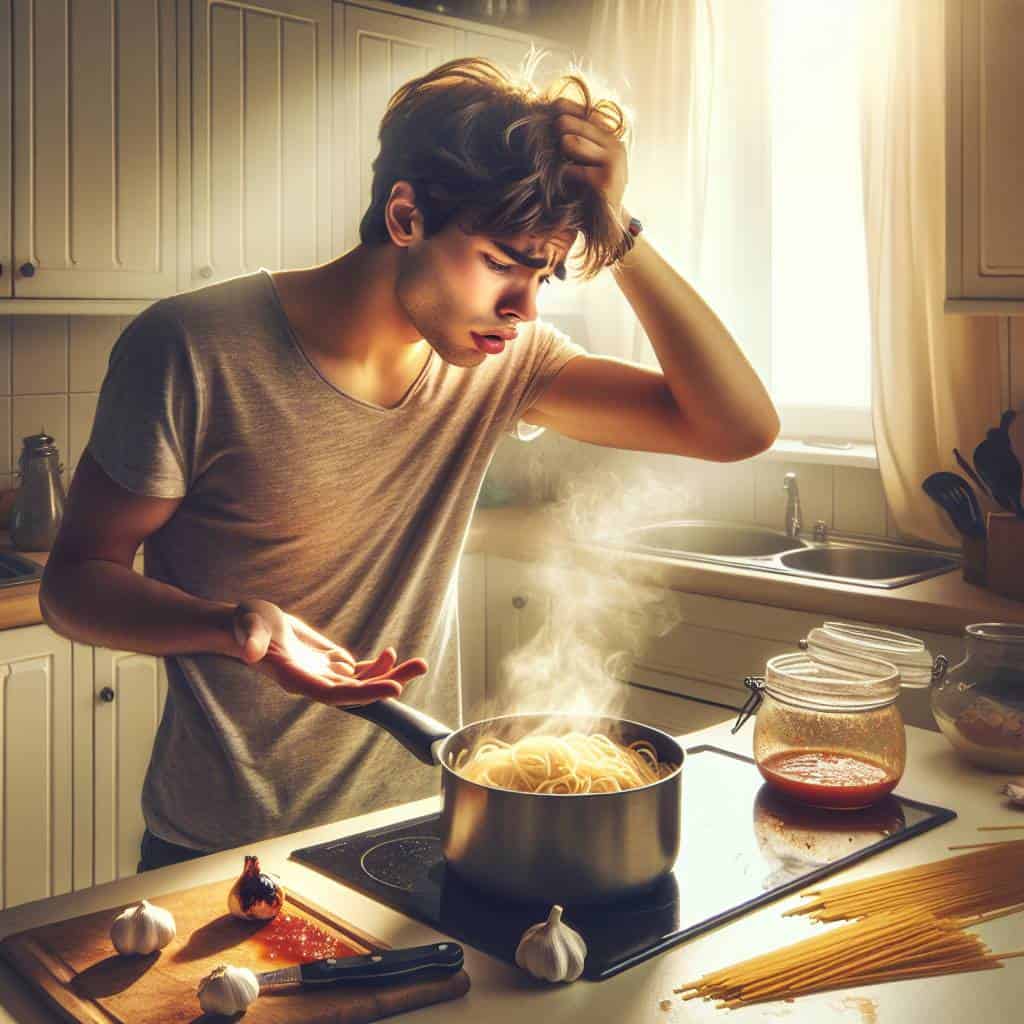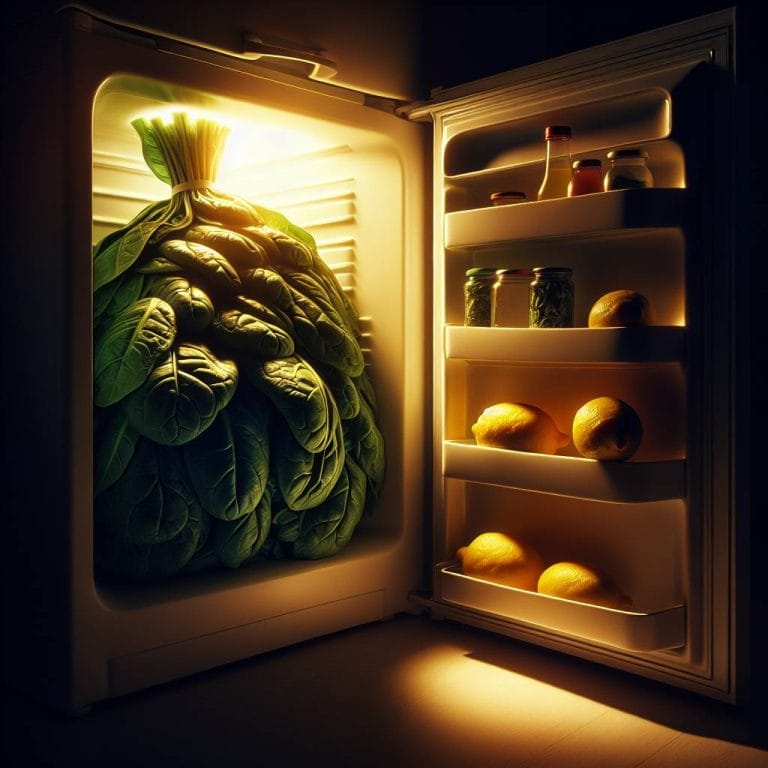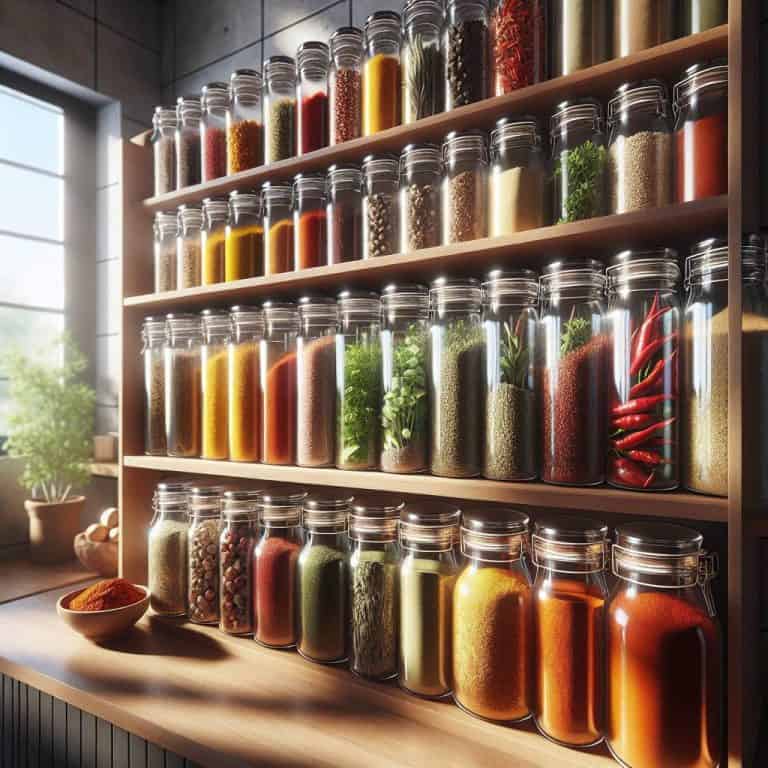I remember my first attempt at making a simple pasta dish, and by “simple,” I mean it was supposed to be foolproof. The kind of dish a toddler with a penchant for culinary mischief could whip up. But there I was, staring down a pot of overcooked spaghetti—an unholy mush that seemed to have declared mutiny against any semblance of al dente. My kitchen was a battlefield strewn with casualties: a burnt garlic clove here, a sauce-stained apron there. It’s humbling, really, how something so seemingly straightforward can mock your culinary dreams with the precision of a seasoned critic. But isn’t that the beauty of starting out? The endless dance between chaos and creation, the kitchen’s quiet promise that even the worst disasters can teach us something delicious.

So, here we are, bravely wading into the waters of beginner cooking, where the stakes are as high as an overboiled pot and the rewards as sweet as a well-timed joke. In this article, I’ll be your culinary guide, taking you by the hand (or maybe just waving reassuringly from a safe distance) as we navigate the treacherous but thrilling landscape of basic kitchen skills. We’ll talk essentials—those trusty tools you actually need, the ones that will save you from culinary catastrophes. We’ll explore simple meals that won’t require a culinary degree or a fire extinguisher. And, most importantly, we’ll embrace the imperfections, because that’s where the real flavor lies.
Table of Contents
How a Simple Spoon Became My Greatest Kitchen Ally
In the symphony of clattering pots and sizzling pans, there’s one instrument that often goes unnoticed—the humble spoon. It may not be the flashiest tool in the kitchen, but let me tell you, it’s as essential as the salt in your soup. Picture this: you’re standing in your kitchen, a battlefield of ingredients sprawled before you. You need an ally, not just any ally, but one that can stir, scoop, taste, and even measure in a pinch. Enter the spoon, a simple piece of metal or wood that’s ready to dance through your culinary challenges.
For those just dipping their toes into the world of cooking, embracing the spoon is akin to finding a trusted friend in a room full of strangers. It’s the tool that teaches you the art of balance, of tasting as you go. With it, you learn to sense the difference between a pinch too salty and a dash that’s just right. The spoon encourages you to be bold, to stir with vigor, to scrape up every bit of flavor from the bottom of your pot. It’s not just about function; it’s about feeling your way through a dish, letting intuition guide your hand as much as any recipe could.
As I stand in my kitchen, where the sea breeze flirts with my curtains, I often find myself reaching for this unassuming hero. It’s not just a tool but a partner in my culinary storytelling. From crafting simple meals that sing with the essence of the coast to mastering basic kitchen skills, the spoon is my guide. It’s a reminder that elegance in cooking isn’t found in complexity but in the simplicity of a well-turned stir. So, to all beginners out there, remember: sometimes, the greatest ally is the one quietly waiting in your utensil drawer, ready to elevate your cooking to an art form.
The First Sizzle
Cooking for beginners isn’t about mastering soufflés; it’s about learning the dance between flame and pan, where simple acts like cracking an egg become the building blocks of culinary courage.
The Art of Culinary Beginnings
In the end, cooking for beginners is much like setting sail for the first time—you’re unsure of the winds, but eager to embrace the journey with open sails and an open mind. The kitchen, with its bewildering array of tools and ingredients, isn’t just a place to follow recipes. It’s a canvas for the curious, a playground for those willing to let a pinch of this and a splash of that redefine the ordinary. As I look back, I realize that the simple spoon I once underestimated has become a cherished partner in my culinary adventures.
So here’s my parting whisper from the ocean’s edge: Don’t fear the sizzle of your first sauté or the chaos of a cluttered countertop. These moments, though imperfect, are the heartbeats of your culinary story. With each dish, you craft a page, and with each mistake, you learn a lesson that no cookbook can teach. Remember, the magic of cooking lies not just in the destination, but in the deliciously unpredictable journey that takes you there. Here’s to embracing the mess and savoring every bite along the way.











